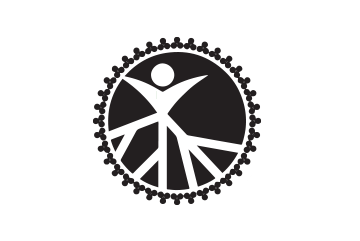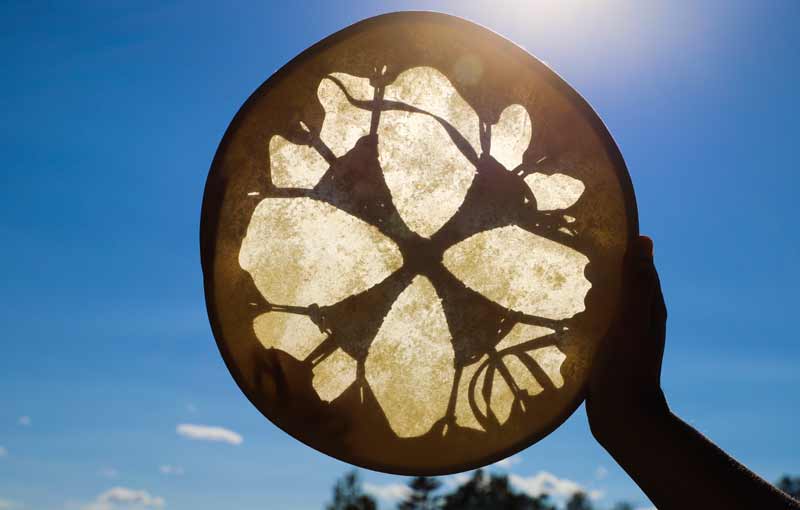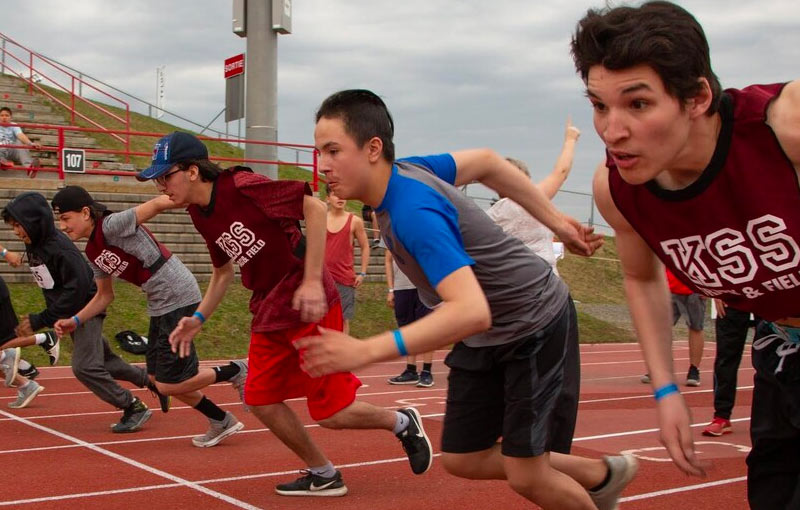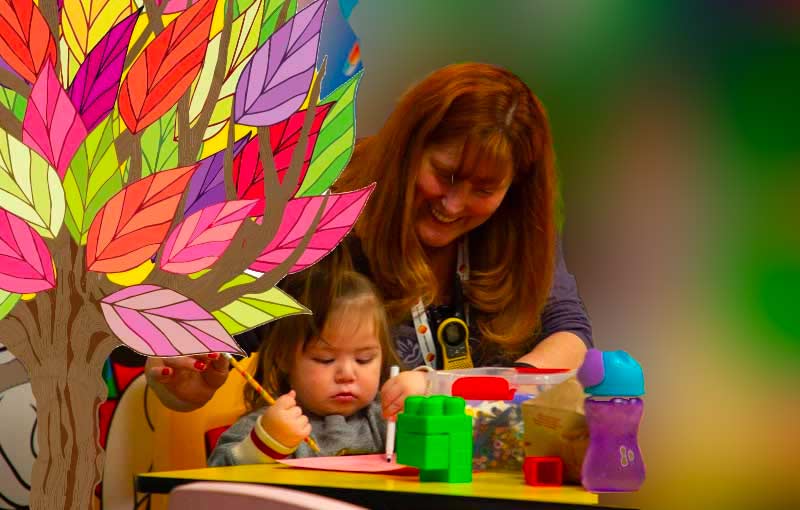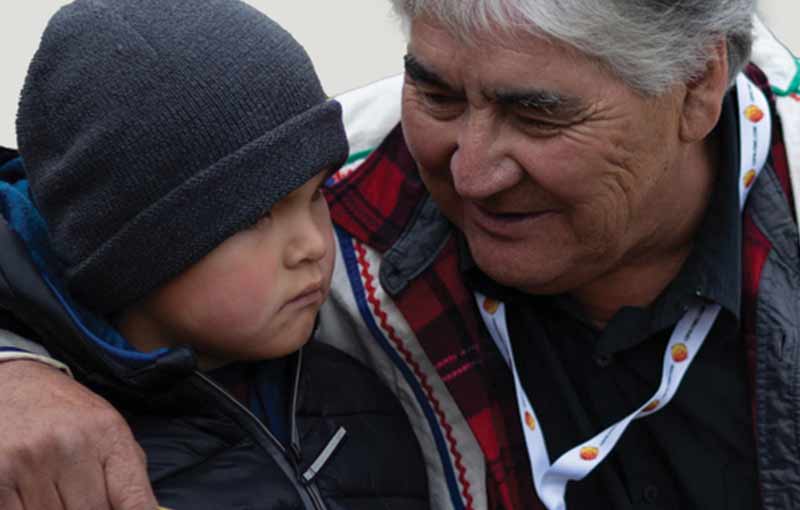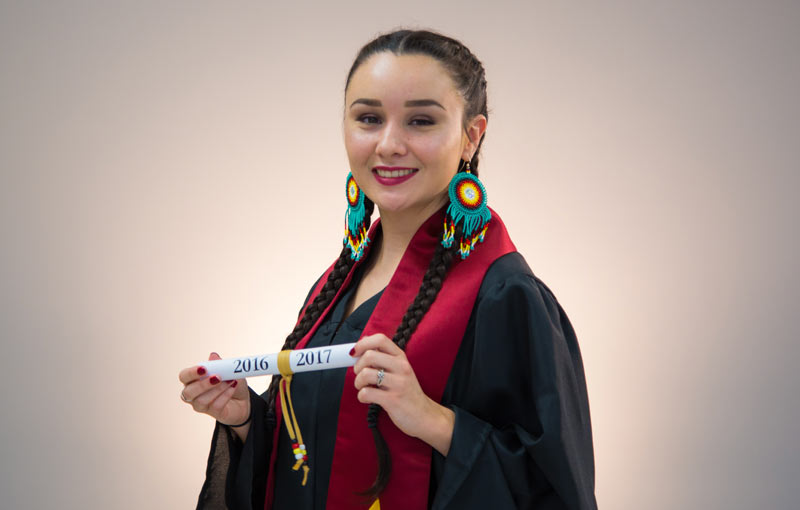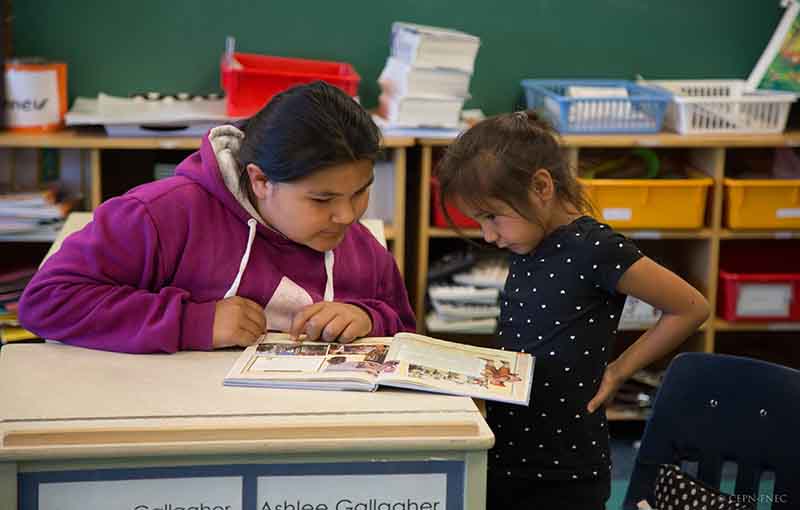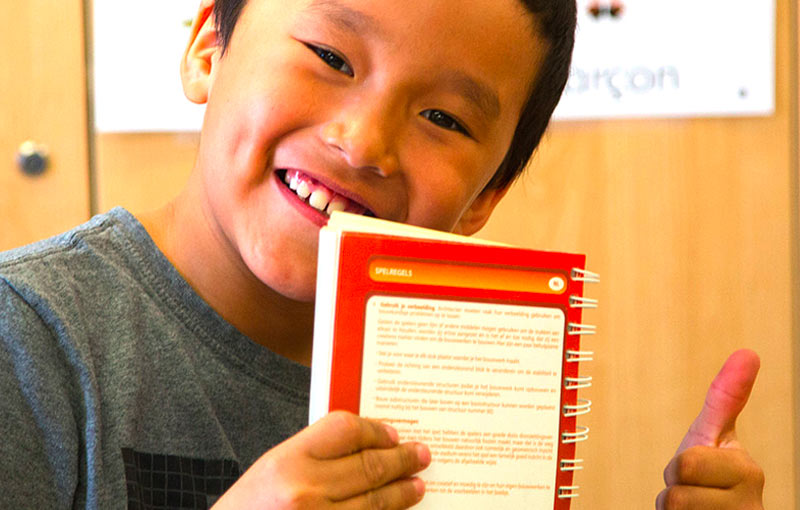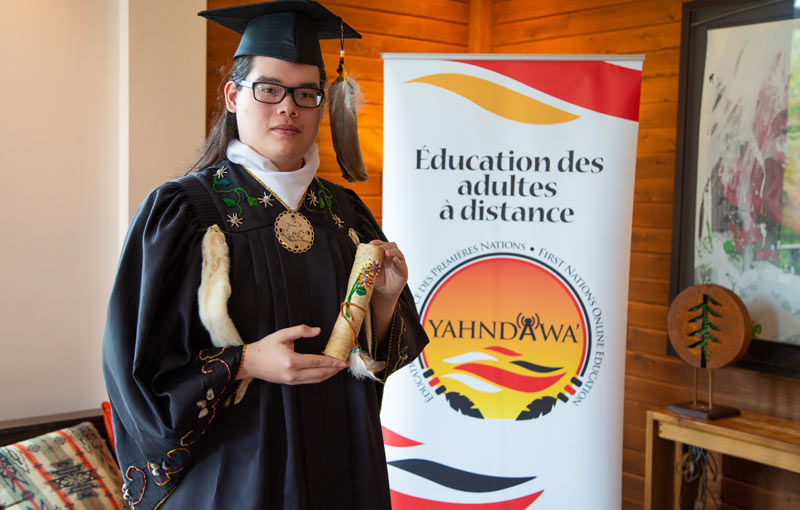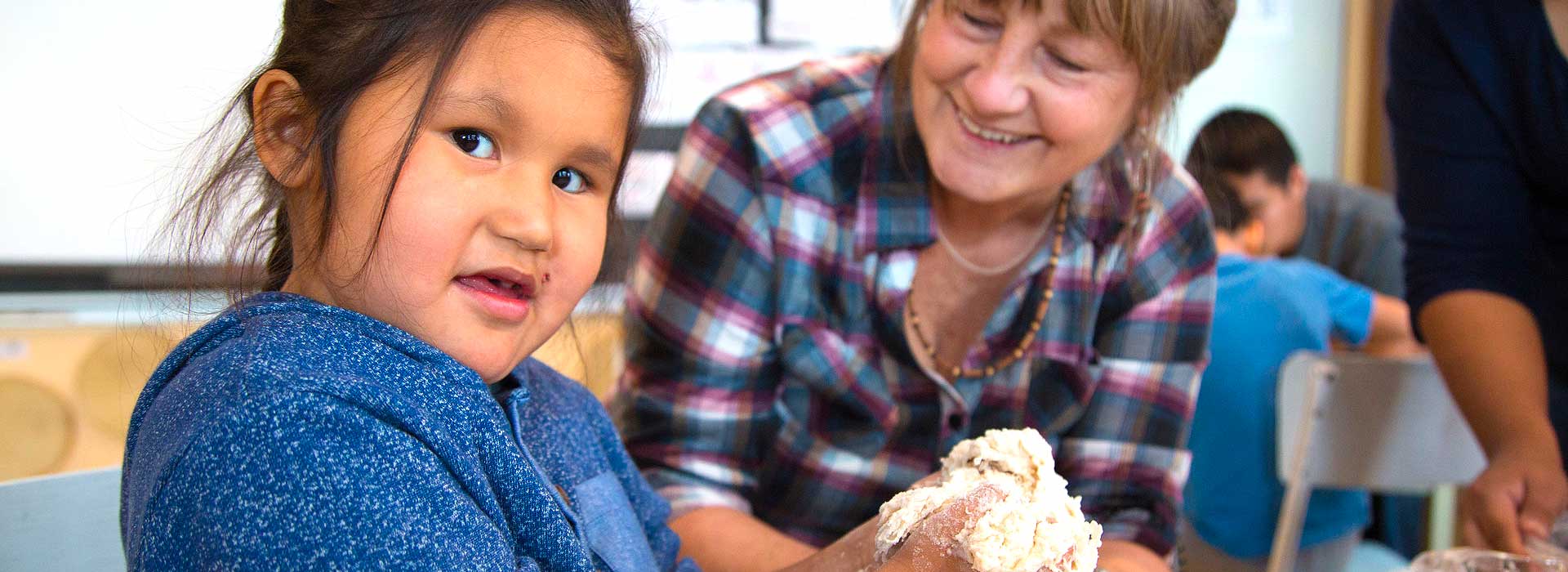
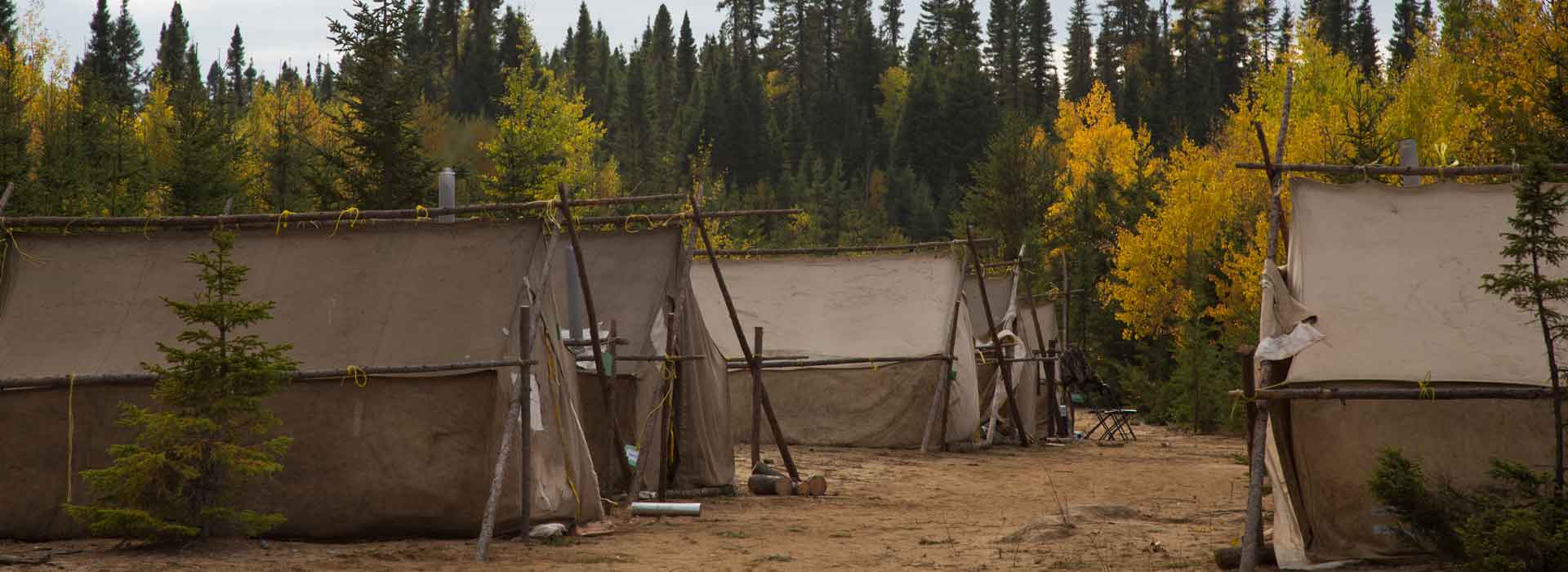

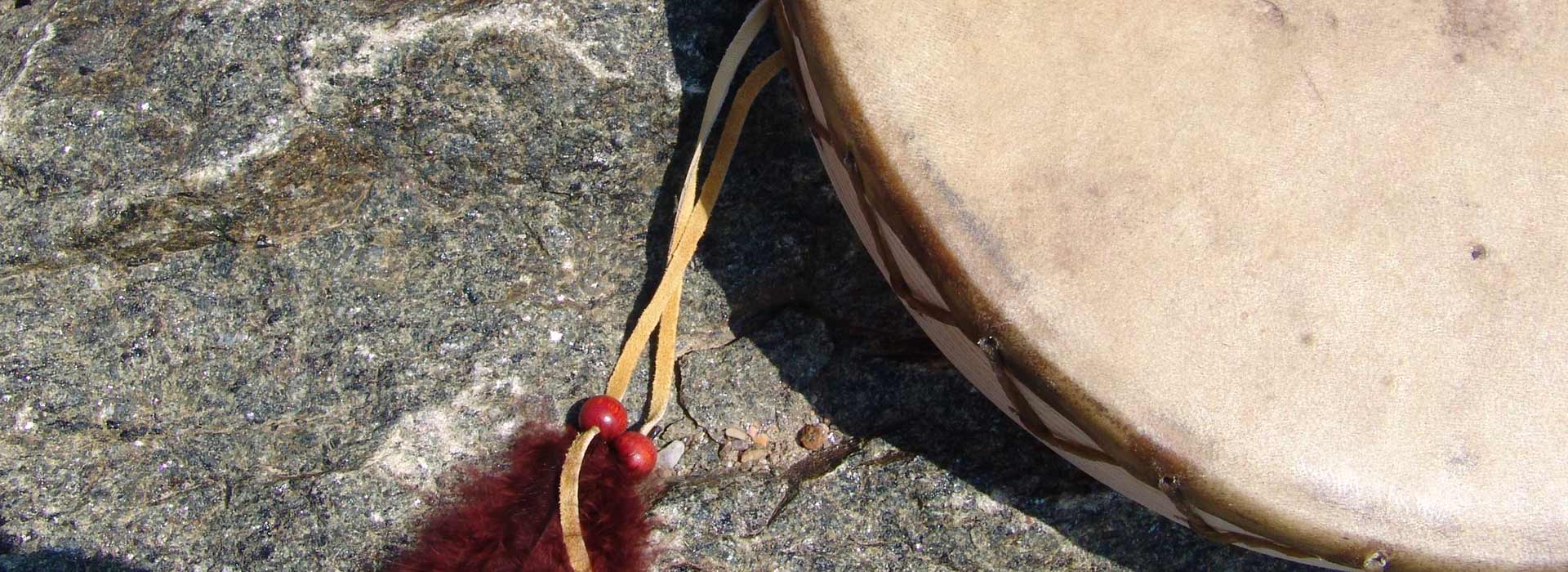
Welcome to our Job Bank
Our events
The FNEC host a multitude of events such as, trainings, sporting events, symposium, general meetings. Check our events calendar regularly to stay up-to-date on the latest events.
Regional Education Agreement
A two percent cap on funding increases for First Nations education has been in place since 1996. For this reason, the FNEC has been working tirelessly to develop a funding formula with the 22-member communities since 2007. These efforts have resulted in a formula that meets the needs of First Nations students, aims to improve their academic success, accounts for their cultural, linguistic, demographic, and geographic circumstances, and ensures equitable funding distribution among all member communities.
On June 22, 2020, Minister Marc Miller and the FNEC Chiefs Committee agreed that the FNEC funding formula would become the basis for the Regional education agreement.
On July 14, 2022, FNEC Grand Chiefs and Chiefs and the Honourable Patty Hajdu, Minister of Indigenous Services, met on the Mohawk Territory of Kahnawà:ke to sign an historical agreement: The Regional Education Agreement.
Our sites
A wide range of projects are headed by the FNEC. Take a look at all our sites.
strategic plan
inter-school games
ancestors’ challenge
parental and community involvement
Growing together
Kiuna
cano
youth literature inventory
Yahndawa’
word champion
Our members
The First Nations Education Council (FNEC) is an association made up of eight First Nations of Quebec: Abenakis, Anishinabeg, Atikamekw, Wendat, Ilnuatsh, Wolastoqiyik, Mi’gmaq, and Kanien’kehá:ka. Spread over a large territory, its 22-member communities, representing a total of 25 elementary and secondary schools as well as Kiuna Institution, and approximately 5 900 students, have their own language, culture, demographic and socioeconomic profile, and traditions. In addition to their Indigenous language, 12 of our member communities are French-speaking, and 10 are English-speaking.
members community
nations
schools
students
Our communities and our schools
The FNEC is an association that is based on the collective strength of its 22 member communities in an effort to
provide quality education to all First Nations children.
Contact us
Directions
50, boul. Bastien
Wendake, QC
G0A 4V0
Business hours
Monday to Friday
8:00 am to 12:00 pm and
1:00 pm to 4:15 pm
Contact us
info@cepn-fnec.com
Toll free: 1-855-842-7672
Fax: 418-842-9988
To send a message to the FNEC media relations team, please send an email to
media@cepn-fnec.com
Our Partners
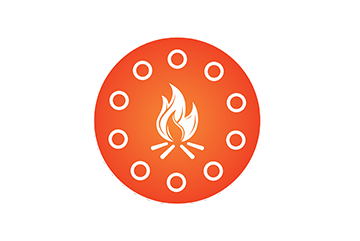
Assembly of First Nations Quebec-Labrador
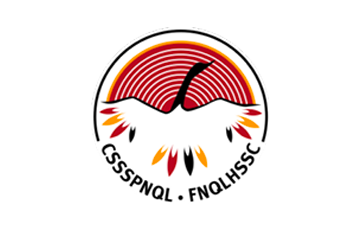
First Nations of Quebec and Labrador Health and Social Services Commission

First Nations of Quebec and Labrador Sustainable Development Institute
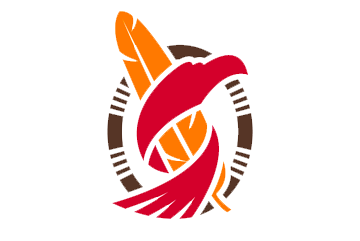
First Nations of Quebec and Labrador Economic Development Commission
